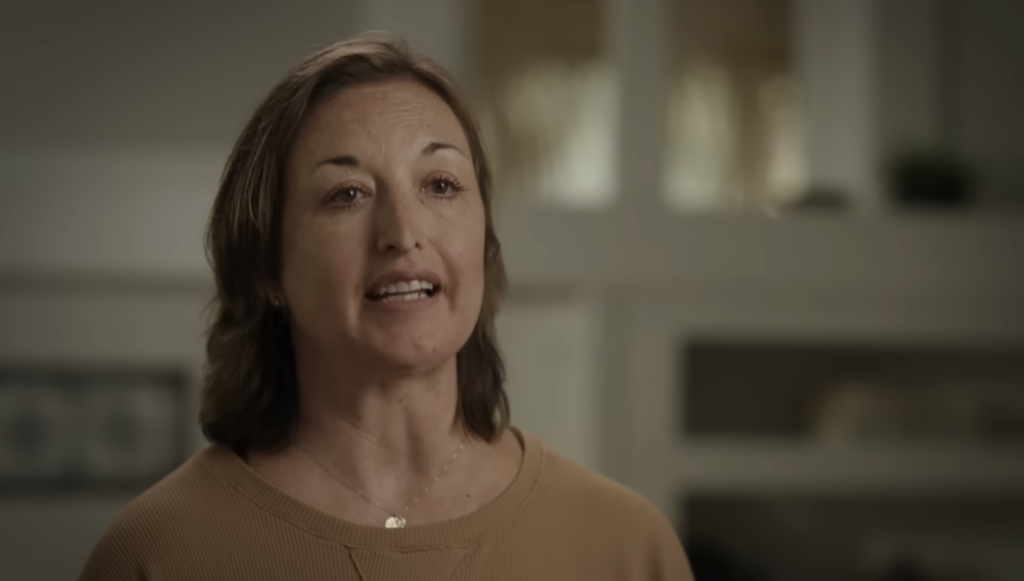Federal Judge Rebukes Florida for Intimidating TV Stations: ‘It’s the First Amendment, After All’
This fall, Florida voters are set to decide on a constitutional amendment aimed at limiting government interference with abortion, officially labeled Amendment 4. However, the state has moved to suppress free speech in a bid to obstruct support for this initiative, resorting to issuing threats to television stations against airing ads that advocate for the amendment. A federal judge, Mark E. Walker, responded to this with a temporary restraining order that forbids the state from censoring the advertisement. He underscored the importance of the First Amendment, indicating that these efforts to stifle political speech contradict fundamental constitutional rights.
In his ruling on October 17, Walker characterized the state’s actions as unconstitutional censorship and emphasized that political speech is inherently protected under the First Amendment. This dispute stems from the government’s characterization of a specific ad featuring a woman whose life-threatening medical condition was exacerbated by the abortion ban. The state’s response framed this advertisement as a “sanitary nuisance,” which could mislead the public and potentially harm pregnant women, thereby justifying their attempt to quash it. However, legal commentators highlight that the state cannot be allowed to infringe on political discourse simply because it regards certain statements as inaccurate.
Florida’s administration has actively campaigned against Amendment 4, allocating taxpayer resources for anti-amendment advertisements while simultaneously trying to stifle favorable viewpoints. Walker pointed out that the government’s argument lacks legitimate ground, noting that the state cannot sidestep First Amendment protections through indirect threats to media outlets. This principle was reaffirmed by the U.S. Supreme Court in recent decisions, where the court rejected attempts by authorities to regulate political speech under the guise of enforcing laws related to public health and safety.
Meanwhile, the legal complications intensified as TV stations complying with state pressures faced the dilemma of balancing their right to broadcast political content against potential penalties. The legal arguments centered on the dynamics between the state and regulation of speech, where officials claimed that the advertisement might endanger public health. Walker emphasized that commentary that does not incite violence or unlawful actions cannot be viewed as a genuine public health threat, thus reinforcing the idea that censorship based on disputed truth is fundamentally flawed under American law.
Following a series of legal exchanges, Walker’s temporary order served as a key legal victory for the initiative’s supporters, affirming their right to advocate against governmental overreach regarding reproductive rights. Moreover, the case highlights broader implications about state control over discourse and the protections surrounding free speech in political contexts. The ruling illustrated that while the state may have its agenda, it must not suppress protected expression, especially during critical democratic processes such as elections.
Moving forward, the preliminary injunction hearing scheduled for October 29 will further determine the trajectory of this legal battle. The case encapsulates the ongoing national dialogue surrounding reproductive rights and government interference, as well as the ongoing clash between state power and individual freedoms. Activists and legal observers view the district court’s decision as a substantial affirmation of democratic values, emphasizing that the state must not obstruct the public’s right to discuss and challenge its policies without fear of retribution. As this dispute unfolds, it will likely set significant legal precedents regarding the intersection of political speech and governmental authority in Florida and beyond.
Share this content:












Post Comment